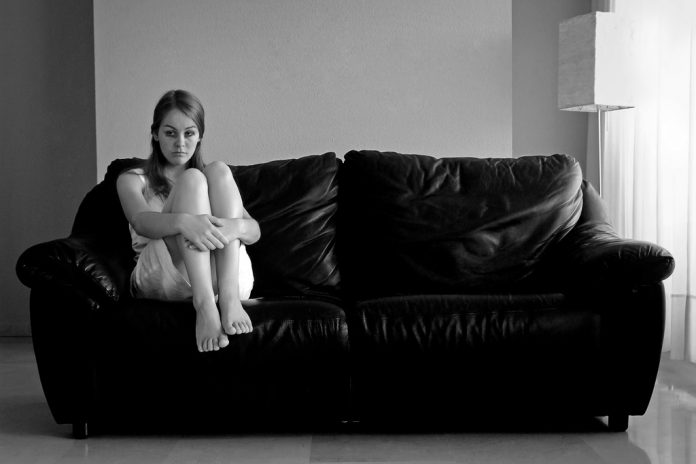Recently, the U.K. appointed a Minister for Loneliness, a person in charge of navigating the sweeping epidemic of isolated individuals in the modern world. In light of Bell’s “Let’s Talk” Day on January 31, which highlights mental health awareness, this story seems incredibly timely. Loneliness is an experience that I would daresay all of us know. That aching sensation in your chest usually coupled with pessimistic thoughts. The Western world has glorified busyness as an indicator of “success” for so long that it has neglected the parts of the person which long for social connection as a means to feel seen and heard, and to create a sense of belonging and personhood. Instead, we create a schedule focused so much on “doing” that we forget about “being.”
The idea for the government position comes from Jo Cox, an MP who was murdered on June 16, 2016. Before she died, she had set up a cross party commission called the Jo Cox Commission on Loneliness. After her untimely assassination, the commission made a recommendation to the government on ways to fix the problem that Cox had committed her life to, bringing awareness and solutions to the isolated. Thus, the Minister for Loneliness.
Enter Tracey Crouch. The announcement was made January 17 that she will be the superhero filling this position. She is ready to take on the challenging task set before her and begin to forge a new trail in an office never seen before in the government, but in my opinion, so desperately needed. The duties that define this position are still a little unclear, but it is a solid step in the right direction to begin to shine a light on this heartbreaking reality that so many people, not only in the U.K., but also around the world, face every day.
The sad truth is that this loneliness does not discriminate based on age, race, or gender. It has been linked to many serious ailments, including depression, anxiety, and has even been seen to be causal of heart disease. “It is worse than smoking 15 cigarettes per day,” stated Mark Robinson, head of Age UK, to the New York Times.
Historically, the English have been stereotyped to be cold and unfeeling, putting them in stark contrast to hyper-emotional North Americans. With this rather uncharacteristic acknowledgement, and subsequent appointment, it may mean that it is time for the rest of the world to take note. So, what about us? Where do we stand in all of this? How do we compare to the Brits on our loneliness levels?
There has been a growing awareness around mental health lately, an upswing in combating the stigma surrounding mental illness. That shift has hopefully lessened the loneliness for those living with mental illnesses, and driven society to stand up, and gather around in an affirmative group hug. The reality is that the very heart of the loneliness epidemic is this sensation that we are “the only one.” This idea makes it difficult for the individual to step out in courage to change their circumstances, because they don’t want to be judged. It compounds the sensation in a never-ending cycle, as isolating thoughts lead to isolating action.
I think this new, and very uniquely British, way of approaching this problem is a fantastic step in the right direction. I am happy to see this progressive thought at the government level, and I hope it brings in a new era of mental health awareness. I expect great things from this, and look forward to seeing the way it improves the livelihood of the people in the U.K.
Image: Luis Sarabla/Flickr


